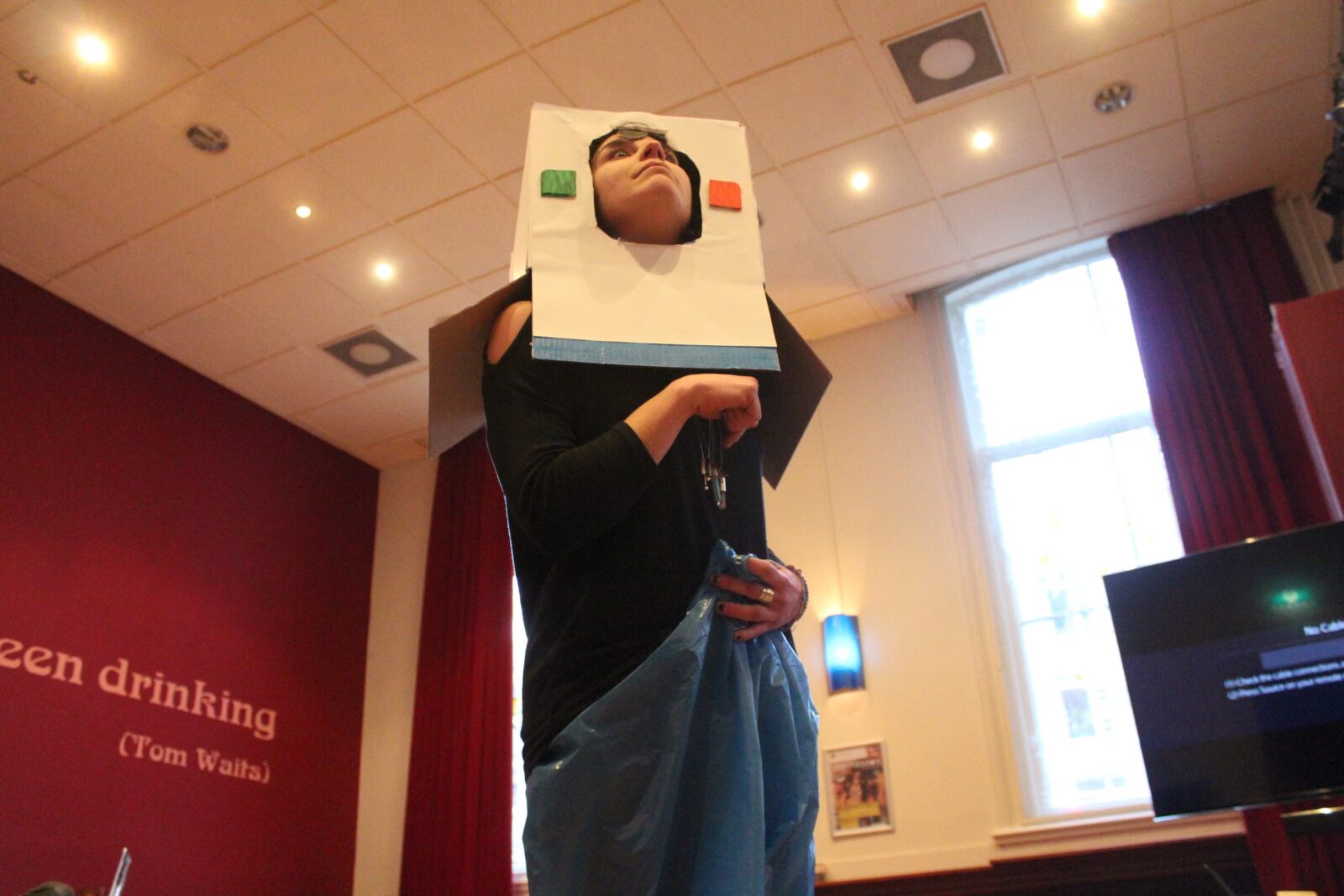Workshops
The [urban interfaces] research group organizes an annual series of workshops that involve critical making and speculative prototyping. You can find more detailed information about past workshops below:
- 2020 – 2021
Workshop/research-by-design project “Critical Urban Interface”
[fully online ‘slow cooker’ 7-week workshop, as part of the Research Master course Urban Interfaces] - 2019 – 2020
Workshop “Designing interfaces for More-Than-Human Cities”
[had to be cancelled due to the Corona-outbreak] - 2018 – 2019
Workshop “Critical Making for “The Right to the Urban Commons”“ - 2017 – 2018
Workshop “Critical Making of Frictional Urban Interfaces“
Shannon Mattern in her recent book A City Is Not a Computer: Other Urban Intelligences (2021) has nicely described this approach as follows:
“For the past few years Nanna Verhoeff, Michiel de Lange, and Sigrid Merx of Utrecht University, in collaboration with a changing cast of art and design collaborators, have hosted a series of workshops to rethink the urban interface—to interrogate urban data sets, the ways they’re traditionally visualized on interfaces and dashboards, how and where these tools are deployed, and the political implications of these methodological and design choices. One year they invited participants to design dashboards that framed the city as a multispecies ecology, where humans weren’t the only urban subjects. How might such a dashboard reveal correlations between, for example, the city’s waste disposal system and its construction activity and its rat population, or between energy use, development, and bio-diversity? In another session, participants proposed dashboards that highlighted people’s “right to the urban commons.” Such a tool undermined the private property–focused modes of data collection and representation that prevail today. Participants were encouraged to produce “critical” interfaces that intro- duced productive frictions—or what Eric Gordon and Gabriel Mugar call “meaningful inefficiencies”—that prompted their users to slow down, to avoid operating on faith or by autopilot, and to reflect on the biases and limitations of dashboard gover- nance. Rather than providing slick, seamless user experiences that purported to offer objective representations of truth, the Utrecht designers’ work highlighted the partiality, subjectivity, and politics—and even the deep epistemological and ontological assumptions—of urban data and their representation.” – Shannon Mattern, A City Is Not A Computer, p. 49

